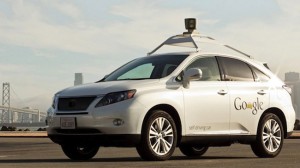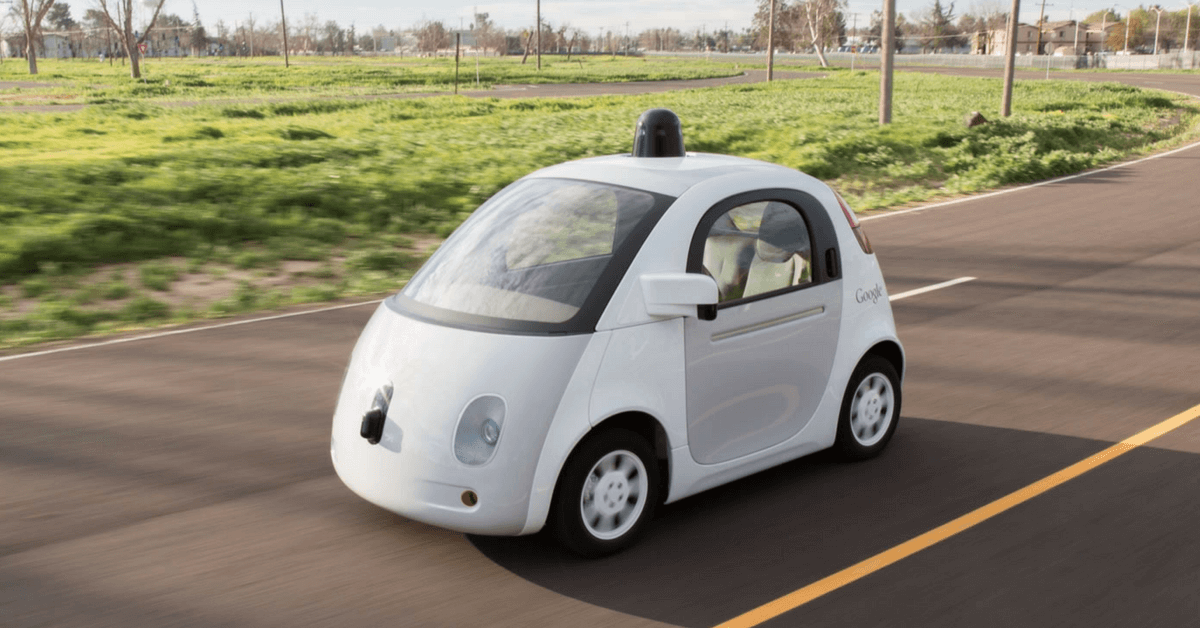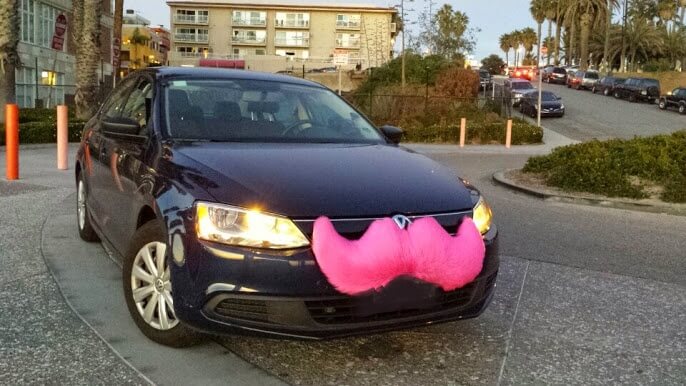New laws allowing driverless cars to be tested on Michigan roadways provide immunity to manufacturers and installers
“Driverless” cars recently got the green light for road testing on Michigan roadways. And as I had previously predicted, the new law also provides legal immunity for manufacturers and installers of driverless technology.
In fact, the future for accident victims of driverless car crashes may have hit a “dead end” when it comes to holding the manufacturers of driverless vehicles (including driverless vehicle technology) and/or the installers of driverless vehicle equipment accountable for the injuries and damages their products cause.
Recently, Michigan Gov. Rick Snyder signed laws that would allow “driverless” cars to be legally road-tested in Michigan. But these laws would prohibit manufacturers and installers from being held civilly liable in court for personal injuries resulting from their own negligence in causing or contributing to a driverless car crash, except under very limited circumstances.
Senate Bill 169 (now officially known as Public Acts 231 of 2013) cleared the way for the road-testing of “driverless” cars:
“Driverless” cars, i.e., “automated motor vehicle[s]” which can be “operated without any control or monitoring by a human operator,” can be tested on Michigan roadways so long as certain conditions are met. (See MCL 257.244(3))
The laws lay out the ground rules for determining when manufacturers and/or installers can avoid being held liable for personal injury damages resulting from a driverless car crash:
Unless it can be proved that the “defect,” which caused or resulted in the personal injury damages, was “present” at the time of manufacture or installation, the manufacturers and/or installers are “immune from civil liability for damages …” (See MCL 257.817 and MCL 600.2949b(1) and (2))
To be clear, I am a big proponent of automated/driverless cars. As a lawyer who exclusively helps people injured in car accidents that are mostly caused by human error and carelessness, I look forward to a day when automated vehicles will save thousands of lives.
Unfortunately, the new law in Michigan is yet another example of how, as technology advances, the rights and legal protections of consumers may fail to keep pace. No one can look into the future and be able to predict with any certainty whether a car accident caused by driverless technology will fall into the limited exceptions that create legal liability. This may create giant holes in coverage and protection for accident victims that could have been easily plugged by creating a separate bodily injury protection insurance to cover accident victims, as I’ve previously recommended.
Immunity for manufacturers of driverless cars and technology
The new law provides that manufacturers and installers cannot be held accountable for injuries and damages resulting from a “driverless” car crash unless it can be proved that the defect which caused the injuries and damages was present when the vehicle and/or technology was manufactured and/or when the equipment was installed. (See MCL 257.817 and MCL 600.2949b(1) and (2))
That means that manufacturers and installers will be “immune from civil liability for damages that arise out of any modification made by another person to a motor vehicle or an automated vehicle, or to any automated technology …” (SB 169; PA 231 of 2013; MCL 257.817; SB 663; PA 251 of 2013; MCL 600.2949b(1))
Liability for manufacturers of driverless cars and technology
Generally, liability for “driverless” car crashes will be imposed only in the following limited circumstances:
- The manufacturer of a “driverless” vehicle may be liable for personal injury damages resulting from a “defect” that was “present in the vehicle when it was manufactured …” (SB 663; PA 251 of 2013; MCL 600.2949b(1))
- The manufacturer of “driverless” vehicle technology (i.e., the “manufacturer of automated technology”) may be liable for personal injury damages resulting from a “defect” that was “present in” the technology “when it was manufactured …” (SB 169; PA 231 of 2013; MCL 257.817; SB 663; PA 251 of 2013; MCL 600.2949b(1))
- A “subcomponent system producer,” who installs equipment to convert a normal vehicle into a “driverless” vehicle, is liable for personal injury damages resulting from a “defect” that was “present in the equipment when it was installed …” (SB 663; PA 251 of 2013; MCL 600.2949b(2))
Conditions for driving driverless cars in Michigan
Although driverless cars can be road-tested on Michigan roadways, that is only possible if certain conditions are met:
- The car cannot be truly “driverless” in that there must still be present inside the vehicle a person (with a valid driver’s license) who “has the ability to monitor the vehicle’s performance and, if necessary, immediately take control of the vehicle’s movements.”
- The “driverless” car must be covered by a valid Michigan No Fault auto insurance policy.
- The “driverless” car must display “a special plate approved by the Secretary of State.” (See MCL 257.665(1) and (2))
Related information:
Driverless cars: Who’s liable in an accident?



